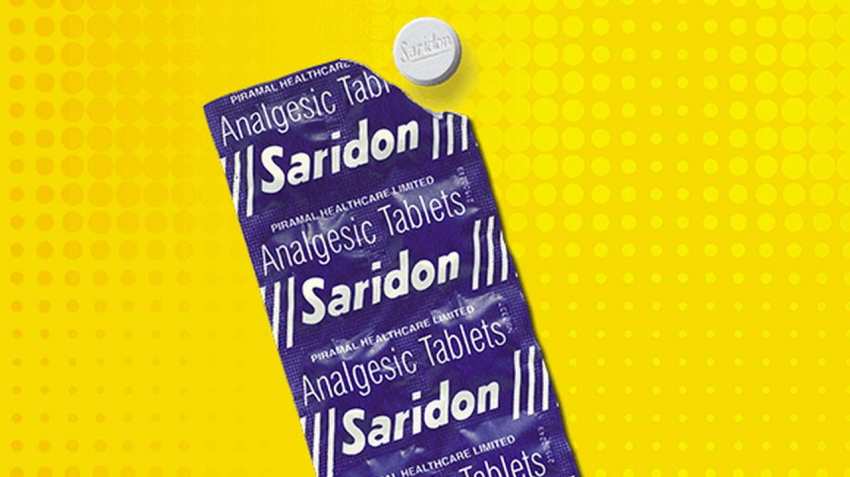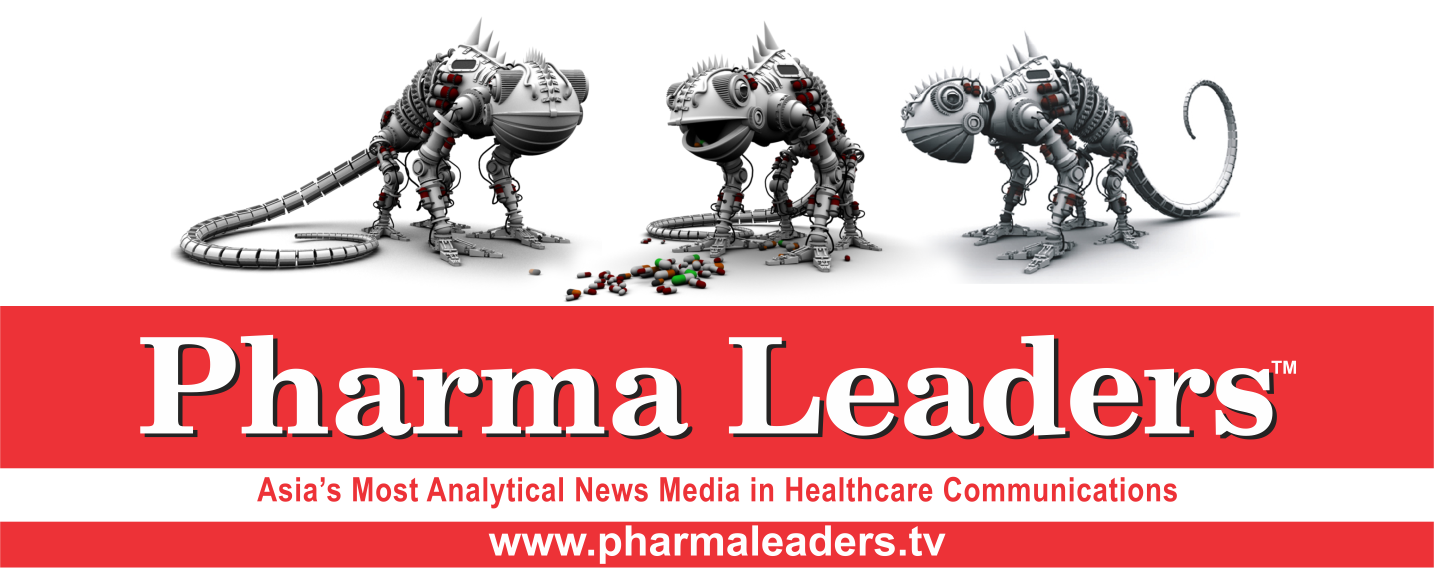Indian Government bans 329 fixed drug combinations (FDC), Pharma Companies suffer a major setbacks, healthcare activists celebrate!

The government on Wednesday prohibited the manufacture, sale or distribution of 328 fixed dose combination (FDC) drugs for human use with immediate effect, thereby settling the dust on the fate of “irrational” FDCs.
It also restricted the manufacture, sale or distribution of six other FDCs in respect to specific indications subject to certain conditions.
Painkillers, antibiotics, antiseptics for treatment of mouth and throat conditions and anti-diabetic drugs got a relief but with caveats, according to two people aware of the matter.
“These six FDCs have not been given a clean chit. They are going to be restricted or regulated,” said one of the persons mentioned above.
The expert panel probing the efficacy of 349 banned FDCs complied with the December 2017 apex court judgement and gave its report to India’s top drug advisory body, the Drug Technical Advisory Board (DTAB), on 25 July.
Govt move to prohibit manufacture, sale or distribution of 328 fixed dose combination (FDC) drugs for human use settles the dust on fate of “irrational” FDCs
–
329 Banned Fdc Drugs Wef 12… by on Scribd
The panel after considering these drugs “irrational”, citing safety issues and lack of therapeutic justification, recommended continuing the ban.
The expert panel also found that many FDCs were formulated without due diligence, with dosing mismatches that could result in toxicity.
In its report submitted on 20 January 2015, the panel led by Chandrakant Kokate, vice-chancellor of KLE University, Karnataka, deemed these FDCs irrational, saying they posed health risks and, hence, banned them, pushing some of the firms and the pharma groups to challenge the government’s notification banning FDCs in the court.
Last December, the apex court referred the matter to DTAB for a fresh review on whether these drugs should continue to be marketed.
The Supreme Court suggested DTAB decide whether the manufacture and sale of these drugs should be regulated, restricted or banned outright, and submit its report and recommendations to the government within six months.
An expert panel was then formed under the chairmanship of Nilima Kshirsagar, professor-head clinical pharmacology, G.S. Medical College and KEM Hospital, Mumbai, to review the safety, efficacy and therapeutic justification of these drugs.
An FDC drug contains two or more active ingredients in a fixed dosage ratio.
The health ministry’s ban on FDCs included painkillers, anti-diabetic, respiratory and gastro-intestinal medicines, covering 6,000 brands.
Welcoming the FDC decision, Deepnath Roy Chowdhury, president of pharma lobby group, Indian Drug Manufacturers’ Association (IDMA) said, “The FDC issue has gone through the legal process and the Honourable Supreme Court has given its verdict . As responsible citizens of India we respect the verdict. IDMA is a responsible body and has never advocated irrational FDCs but we do believe in the advantages of patient convenience & compliance that FDCs provide”.

